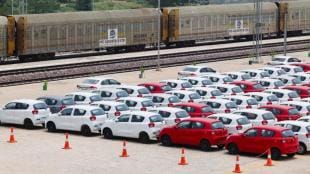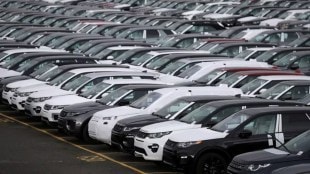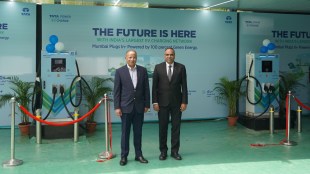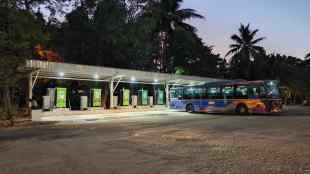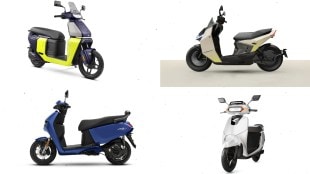The World Economic Forum has referred to the Covid-19 pandemic as the tipping point in the 21st century and a watershed moment for fast-tracking of digitisation globally. Many industries and sectors have adopted digitisation and technology like never before, but one sector that is yet to make headway in this area is the Indian automotive sector. There were a few major launches in the period that went by, but it couldn’t do much to arrest the dwindling numbers, which have been at an abysmal six-year low. It is also true that the industry is now going through a swift transformation, as key players have realised that adopting technology and leveraging tools like smart document solutions (read: paperless processes) are extremely crucial for survival in the post-Covid-19 era.
The process of manufacturing, buying, selling and servicing automobiles is a very paper-intensive process in India, even if you don’t consider the ones that involve public authorities—registry, road tax, etc. Thanks to new-age smart document solutions, going paperless isn’t an uphill task anymore. Varied internal and external processes, on the part of manufacturers as well as dealers, can be made paperless, helping them save on time and cost while improving overall efficiency.
Sales in the auto sector are carried out through dealer network and hence there is a need to ink contracts between manufacturers and dealers almost every year. Smart document solutions enable integration with the dealer management system, following which manufacturers can automate their journey for all dealer invoices—free services or goods and materials—resulting in minimal human intervention. On an average, over 2 lakh documents are generated annually in such operations for a typical automobile manufacturer, and it is no rocket science to ascertain the benefits of replacing the same with digital solutions.
There is also an option to digitise the last mile of the buying experience for customers. The conventional process requires customers to spend hours at the showroom or dealership in signing bulk of documents, which is least desirable amid the surge in cases. Document digitisation and tools like Web Forms would allow customers to complete the entire process remotely and update KYCs from the comfort of their homes. Following this, the vehicle can be either delivered to their homes or they can walk away with the new car from a dealership in a jiffy.
Manufacturing and quality assessment of automobiles requires multiple teams to coordinate and sign heaps of papers, leading to wastage of time and effort. A digital document solution can provide transparency, while improving coordination between teams. With features like access control, document versioning and audit trail, the entire process can be made secure. The solutions would also be very effective with regard to supply chain and logistics. While real-time monitoring systems are being put in place to manage movements of vehicles, it can be aided by document digitisation to ensure automation and transparency.
(The author is Arjit Bhargava, VP, Global Business Development, MSB Docs (the digital workflow and e-sign solution provider)


